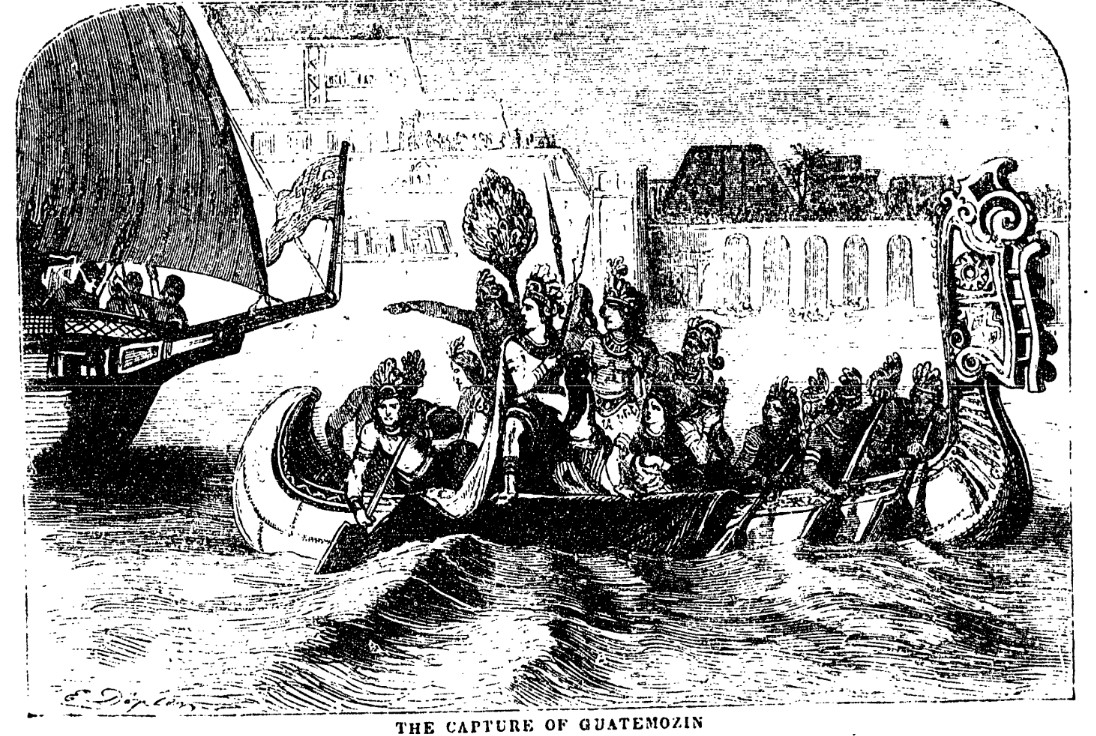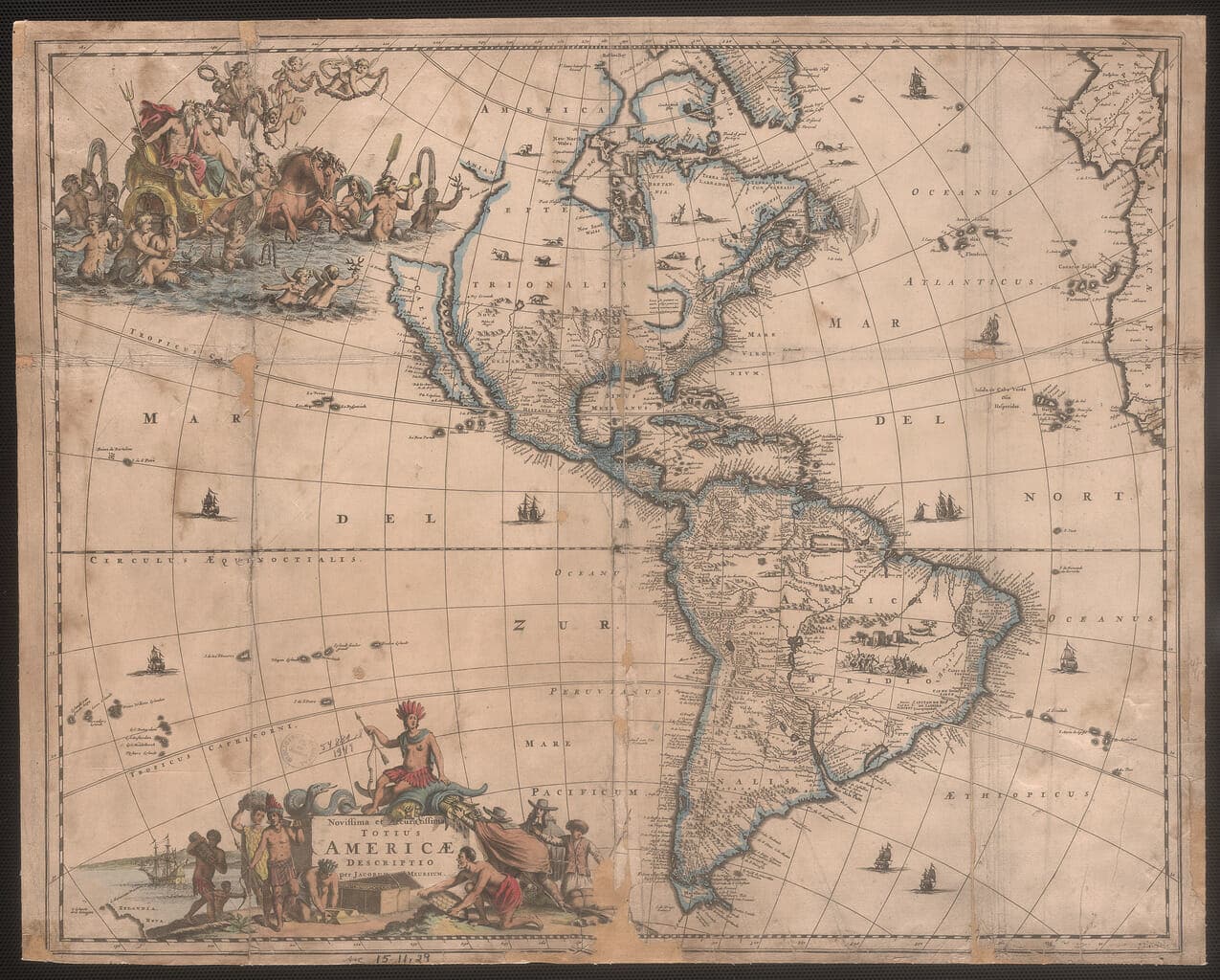│By Leila Marhamati, Associate Editor, Gale Primary Sources│
Post-colonialist thinker Frantz Fanon declared the importance of language in a world globalised through empire and colonisation: “To speak… means above all to assume a culture, to support the weight of a civilization”. It is ironic to cite this quotation in translation from the original French, as Fanon’s point is that the language we speak is both a product of and perpetuates the culture we live in. As an English speaker, what do I know about his thinking? His worldview?
For societies and nations founded through colonialism, language is crucial. The language of the coloniser is often forced upon the colonised. Holding onto a language despite imperialist pressures then becomes a form of resistance and a declaration of selfhood. All of these implications of language can be explored in Gale Primary Sources’ Archives of Latin American and Caribbean History, Sixteenth to Twentieth Centuries.


